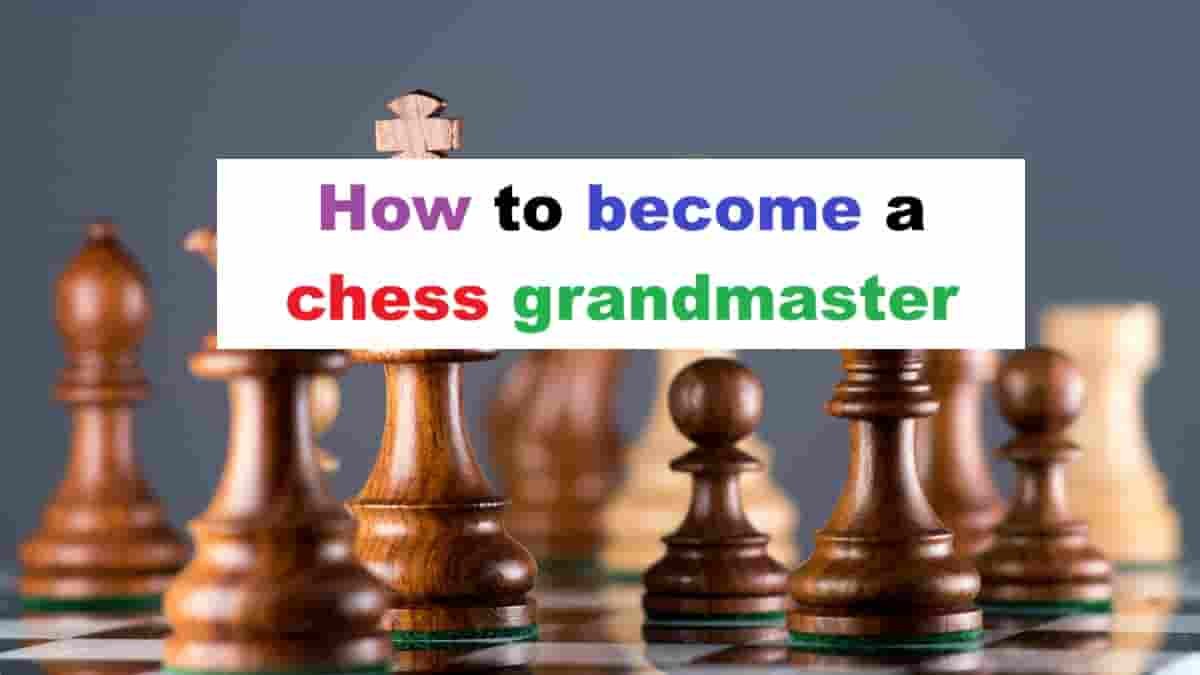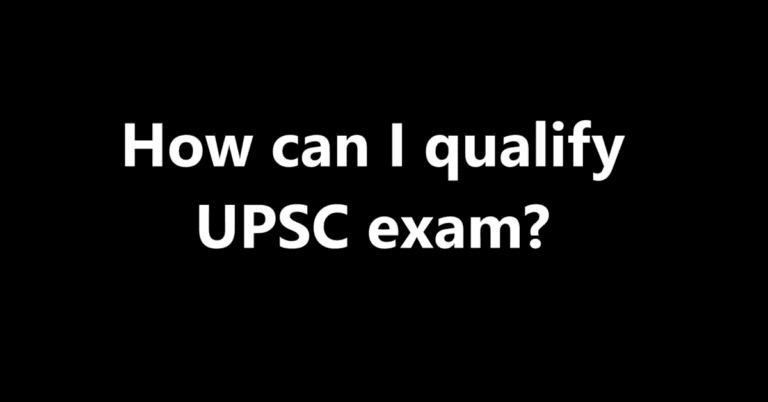How to become a chess grandmaster
Becoming a chess Grandmaster (GM) is a dream for many aspiring chess players. It represents the pinnacle of chess skill, a testament to years of dedication, strategic thinking, and unwavering perseverance. It’s not a title easily earned; it’s a badge of honor bestowed upon those who have truly mastered the game’s intricacies. While there’s no guaranteed formula for achieving this feat, understanding the path, required skills, and commitment can significantly increase your chances. This comprehensive guide outlines the journey, breaking down the key elements necessary to embark on the road to becoming a Grandmaster.
How to become a chess grandmaster
Understanding the Grandmaster Title and Requirements:
Before diving into the how-to, let’s clearly define what it means to be a Grandmaster and the official requirements set by FIDE (Fédération Internationale des Échecs), the international governing body for chess:
- The Grandmaster Title: This is a lifetime title, signifying that the holder has achieved a very high level of chess proficiency. It’s the highest title FIDE awards, above International Master (IM) and FIDE Master (FM).
- Rating Requirement: You need to achieve a FIDE rating of at least 2500. This rating is calculated based on your performance in rated tournaments, with higher ratings indicating stronger players. Every win against a higher-rated opponent pushes your rating up, while losses to lower-rated opponents pull it down.
- Norms: You need to achieve at least three Grandmaster norms. A GM norm is a performance in a FIDE-rated tournament where you achieve a certain level of performance against a field of strong players. This performance must include:
- Playing at least nine rounds.
- Having at least two GMs from different federations (countries) in the tournament.
- Achieving a performance rating (TPR) of at least 2600 in the tournament. This means your calculated rating based on your results in the tournament would be 2600 or higher.
- Meeting the title requirements within a rating window of no more than 2600 in any event where the GM norm is achieved. This is a more technical point related to rating calculations and ensures consistency.
The Essential Ingredients: What You Need to Succeed
The journey to Grandmastery is a marathon, not a sprint. It requires a combination of innate talent, unwavering dedication, and strategic learning. Here’s a breakdown of the crucial elements:
- Talent and Aptitude: While hard work is paramount, a natural aptitude for chess can provide a significant head start. This often manifests as an intuitive understanding of positional concepts, strong pattern recognition, and the ability to quickly calculate variations. However, don’t be discouraged if you don’t feel like a “natural.” With the right training, you can still achieve impressive results.
- Unwavering Dedication and Hard Work: Becoming a Grandmaster requires an immense amount of time and effort. Expect to dedicate thousands of hours to studying, practicing, and playing chess. This commitment includes:
- Daily study and practice: Consistent effort is more effective than sporadic bursts of activity.
- Tournament participation: Regularly playing in tournaments is essential for gaining experience, improving your rating, and pursuing norms.
- Self-analysis: Carefully reviewing your games to identify weaknesses and areas for improvement is crucial.
- Quality Training: Working with experienced coaches and utilizing effective training methods can significantly accelerate your progress. This includes:
- Personalized coaching: A good coach can identify your strengths and weaknesses, develop a tailored training plan, and provide valuable feedback on your games.
- Studying chess theory: Understanding opening principles, middlegame strategies, and endgame techniques is essential for developing a strong chess foundation.
- Tactical training: Sharpening your tactical skills through puzzles and drills will help you spot opportunities for attacks, combinations, and material gains.
- Analyzing master games: Studying the games of top players provides insights into advanced chess concepts and strategic thinking.
- Mental Fortitude: Chess is a mentally demanding game, and maintaining a strong mental game is crucial for success. This includes:
- Concentration and focus: The ability to maintain focus for long periods is essential for calculating variations and avoiding blunders.
- Resilience and perseverance: Chess is full of setbacks and disappointments. The ability to bounce back from losses and continue learning is crucial for long-term progress.
- Emotional control: Managing your emotions during games is important for making sound decisions and avoiding tilt.
- Sports psychology: Consider working with a sports psychologist to develop strategies for managing stress, improving focus, and building confidence.
- Access to Resources: Having access to the right resources can significantly enhance your learning and training. This includes:
- Chess books and software: Utilize a variety of chess books, databases, and analysis software to study theory, analyze games, and improve your understanding of chess concepts.
- Online chess platforms: Online platforms offer opportunities to play against a wide range of opponents, participate in tournaments, and access training resources.
- Chess clubs and communities: Joining a chess club or online community provides opportunities to connect with other players, share ideas, and learn from each other.
- Tournament opportunities: Consistent access to rated tournaments is crucial for gaining experience, improving your rating, and pursuing norms.
A Step-by-Step Guide to Grandmastery:
While there’s no single path to becoming a Grandmaster, here’s a suggested roadmap to guide your journey:
1. Foundational Stage (Rating < 1600):
- Learn the basics: Understand the rules of chess, piece movements, checkmate, and basic opening principles.
- Develop tactical skills: Focus on solving tactical puzzles and learning common tactical motifs.
- Play regularly: Play as many games as possible against opponents of varying skill levels.
- Join a chess club: Surround yourself with other chess enthusiasts and learn from their experiences.
- Use online resources: Utilize online platforms to play, practice, and study.
- Goal: Establish a solid foundation in the fundamentals of chess and reach a rating of 1600.
2. Intermediate Stage (Rating 1600-2200):
- Study opening theory: Learn common openings and develop a repertoire that suits your playing style.
- Improve positional understanding: Study positional concepts such as pawn structure, piece activity, and space advantage.
- Develop endgame skills: Learn basic endgame principles and techniques, such as king and pawn endgames, rook endgames, and queen endgames.
- Work with a coach: Consider hiring a coach to identify your weaknesses and develop a personalized training plan.
- Participate in tournaments: Regularly play in rated tournaments to gain experience and improve your rating.
- Analyze your games: Carefully review your games to identify mistakes and areas for improvement.
- Goal: Develop a well-rounded chess understanding, improve your positional and tactical skills, and reach a rating of 2200.
3. Advanced Stage (Rating 2200-2400):
- Deepen your opening knowledge: Develop a more sophisticated understanding of opening theory and prepare specific lines against different opponents.
- Master advanced tactical and strategic concepts: Study advanced tactical motifs, strategic plans, and positional nuances.
- Refine your endgame technique: Become proficient in a wide range of endgames, including complex and theoretical positions.
- Work with a strong coach or mentor: Seek guidance from a highly experienced coach or mentor who can provide advanced training and support.
- Play in strong tournaments: Participate in tournaments with strong fields to gain experience against higher-rated opponents.
- Analyze master games: Study the games of top players to learn advanced chess concepts and strategic thinking.
- Develop mental fortitude: Focus on improving your concentration, resilience, and emotional control.
- Goal: Refine your chess skills, deepen your understanding of advanced concepts, and reach a rating of 2400.
4. Master Stage (Rating 2400-2500+):
- Specialize in your areas of strength: Focus on honing your strengths and developing a unique playing style.
- Perfect your opening preparation: Develop a deep understanding of your chosen openings and prepare specific lines against different opponents.
- Master the psychological aspects of chess: Learn how to exploit your opponents’ weaknesses and control the flow of the game.
- Work with a top-level coach: Seek guidance from a Grandmaster or highly experienced coach who can provide expert advice and support.
- Participate in international tournaments: Travel to international tournaments to gain experience against diverse playing styles and pursue GM norms.
- Analyze your games in detail: Carefully review your games with a coach or strong player to identify even the smallest mistakes.
- Maintain a positive attitude: Stay motivated and focused on your goals, even in the face of setbacks.
- Goal: Achieve a FIDE rating of 2500 and secure three Grandmaster norms.
Common Pitfalls to Avoid:
- Ignoring the Fundamentals: Neglecting the basics can hinder your progress at higher levels.
- Overemphasizing Opening Theory: While important, focusing solely on openings at the expense of other areas can be detrimental.
- Lack of Self-Analysis: Failing to analyze your games prevents you from learning from your mistakes.
- Burnout: Overworking yourself without adequate rest and recovery can lead to burnout and decreased performance.
- Poor Time Management: Inefficient time management can hinder your training and tournament preparation.
- Lack of a Clear Plan: Without a well-defined plan and goals, it’s easy to get lost and lose motivation.
- Ignoring Mental Health: Neglecting your mental and emotional well-being can negatively impact your chess performance.
The Journey is the Reward:
Becoming a Grandmaster is an extraordinary achievement, but it’s important to remember that the journey itself is the reward. The process of learning, growing, and challenging yourself will transform you into a stronger player and a more well-rounded individual. Whether you ultimately achieve the Grandmaster title or not, the skills and knowledge you gain along the way will be invaluable.
The road to Grandmastery is a challenging but rewarding one. It requires dedication, talent, hard work, and access to the right resources. By following the steps outlined in this guide and avoiding common pitfalls, you can significantly increase your chances of achieving your chess dreams. Good luck!



